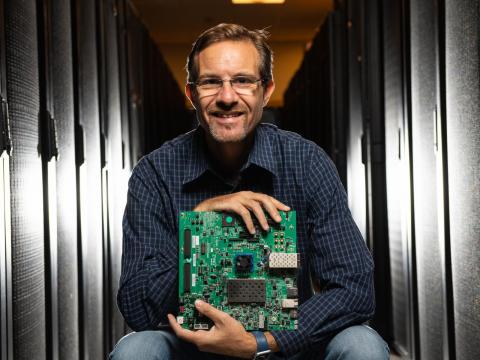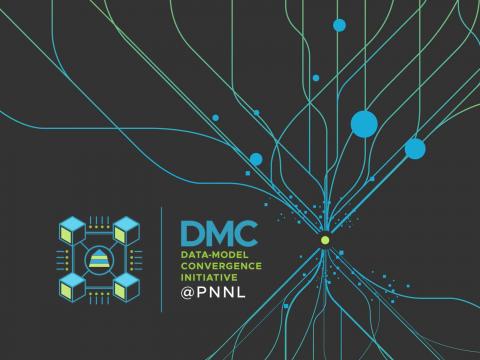About
CENATE is an advanced architecture evaluation initiative that combines testbed platforms, empirical analysis, and performance modeling and prediction to assess the capabilities of emerging novel and disruptive computing technologies and their applicability to computational problems to the nation. CENATE assesses these technologies using metrics that describe performance, efficiency, and security. An integrated methodology combining empirical and predictive techniques is used to assess potential, guide designs, and hone future large-scale and heterogeneous computing systems. As a result, CENATE is impacting the future computing landscape for the Department of Energy (DOE).
CENATE offers collaborative access to its technology within the high-performance computing (HPC) community, including partners from industry, national laboratories, and academia. Within Pacific Northwest National Laboratory (PNNL), CENATE team members collaborate with researchers in ongoing projects, including the Center for Artificial Intelligence-Focused Architectures and Algorithms (ARIAA) and the Data-Model Convergence (DMC) Initiative that are briefly described below.

ARIAA
ARIAA is funded by DOE’s Office of Science and promotes collaboration between scientists at PNNL, Sandia National Laboratories, and the Georgia Institute of Technology as they develop core technologies important for the application of AI to DOE mission priorities, such as cybersecurity and electric grid resilience.

DMC Initiative
The DMC Initiative is a multidisciplinary effort to create the next generation of scientific computing capability through a software and hardware co-design methodology.
Funded by the DOE’s Advanced Scientific Computing Research program, CENATE was launched in 2015 and renewed in 2019.